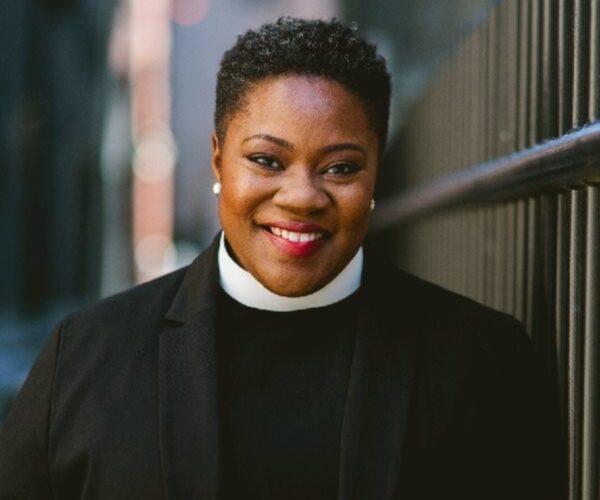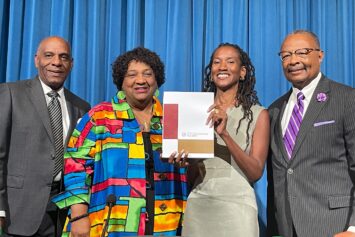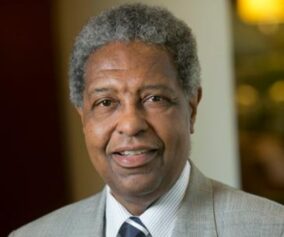In Philadelphia, the Germantown Quakers are serious about reparations. And they have helped push through $50,000 per year on reparations work in Germantown over the next 10 years.
Germantown is an area in Northwest Philadelphia that was founded by German, Quaker, and Mennonite families in 1683. Germantown is now 62.5 percent Black and 18.5 percent white.
The Quakers belong to a historically Protestant Christian set of denominations known officially as the Religious Society of Friends.

The Germantown Quakers spoke out against slavery in the area back in 1688, when they issued the Germantown Quaker Petition against slavery. This was the first protest against African-American slavery made by a religious body in the English colonies, according to the National Parks Service. The petition was authored by Francis Daniel Pastorius, a young German attorney, and three other Quakers living in Germantown, Pennsylvania, (now part of Philadelphia) on behalf of the Germantown Meeting of the Religious Society of Friends. The purpose of the petition was urge the Quakers to abolish slavery.
The Quakers were among the most prominent slave traders during the 17th century.
The Quakers Green Street’s racial justice plan will give reparations to Black residents in Germantown. Members of the Green Street Monthly Meeting of Friends became aware of just how much money Green Street had in unrestricted reserves, and they wanted to allot those funds to reparations. They created a racial justice plan. The meeting dates to the 1800s, so “we have old money,” Gabbreell James, a Green Street member for 15 years who is on its reparations committee, told The Philadelphia Inquirer. The group’s reparations committee is led by Black members.
Through the group Green Street Monthly Meeting of Friends and the nonprofit legal services agency Philadelphia VIP, the $50,000 reparations fund will be used to boost Black homeownership and estate planning. There will be free assistance to help Black Germantown homeowners create wills, understand their deeds, and get help with tangled titles to help them keep their homes, The Philadelphia Inquirer reported.
The congregation plans to spend $50,000 per year on reparations work over the next 10 years. The focus now is on homeownership, but in the future the allotment might be used to address issues such as mental health, food insecurity, or lack of resources in schools.
“I’m a homeowner in Germantown. I see the gentrification. I know people who are losing their homes behind tangled titles, behind taxes, family fighting when someone dies. And the developers are moving in,” said James, who has worked in housing advocacy in Philadelphia for more than 10 years. “I want to help stabilize Black wealth. I want people to keep their houses. I want people to have wills so they don’t struggle when someone dies.”
“If one person who was going to lose their family’s house gets to keep it,” she said, “I feel like we succeeded.”
Germantown’s Commission on Faith-Based and Interfaith Affairs hopes Green Street inspires other faith congregations citywide to look at reparations. About a year ago, the commission started talking seriously about reparations as a “moral mandate,” said commission director Naomi Washington-Leapheart. “We’re doing this by faith because our faith requires us to seek to repair harm.”
“We felt reflective as everybody was marking a year since the deaths of Breonna Taylor and George Floyd, a year after the uprisings all over the world about the state violence against Black folks,” she told The Philadelphia Inquirer. “We were interested in, ‘What will our work be to sustain the momentum and the urgency that came out of that summer of 2020?’”
The commission also plans to organize a training program to help majority-white congregations of all faiths in the city how to create meaningful reparations.
“There’s been a lot of mythology out there about reparations,” Washington-Leapheart said. “This really is not charity. This is redress.”




